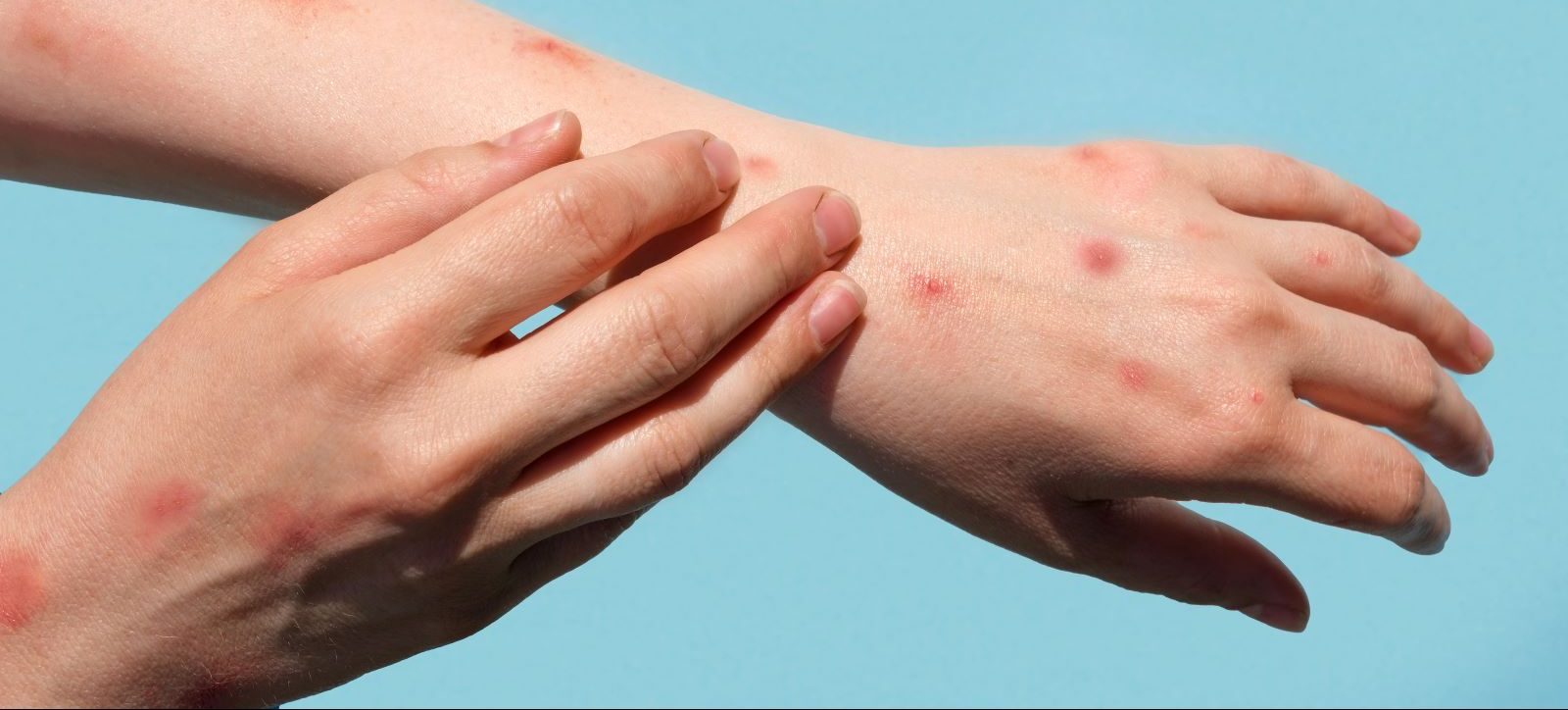<< Back
CDC Raises Monkeypox to a Level 2 Advisory

June 13, 2022
“Practice enhanced precautions” might seem like a familiar directive by now, but its latest use comes from the Centers for Disease Control and Prevention (CDC) for travelers to avoid infection with monkeypox.
The CDC recently issued an “Alert – Level 2” advisory for travelers as health officials have noted an increase in the number of cases of monkeypox, which is a viral zoonosis, or virus transmitted to humans from animals. Monkeypox presents with symptoms that are very similar to those of smallpox, although it is clinically less severe. Level 2 is the second highest of three travel precautions, and urges people to “practice enhanced precautions” to avoid disease, although it was not connected to any specific destinations.
“Clusters of monkeypox cases have been reported in several countries internationally, outside of areas in Central and West Africa where cases are normally found,” explained Neha Alang, MD, FACP, an infectious disease specialist with the Hartford HealthCare Medical Group in Norwich. “The occurrence of cases with no direct travel to those areas, or without established links to a traveler from those areas, is unusual.”
As of Thursday, June 9, there were 45 confirmed cases of monkeypox in the United States. Globally, there are 1,356 cases in 31 countries.
“The CDC suggests the increase in cases across the world led to the new travel alert,” Dr. Alang said. “The travel advisory is to make travelers aware of the steps they need to take to avoid contracting monkeypox infection.”
These steps include avoiding:
- Close contact with sick people, including those with skin or genital lesions.
- Contact with wild animals, alive or dead, such as rodents (rats, squirrels) and non-human primates (monkeys, apes).
- Eating or preparing meat from wild game (bushmeat) or using products derived from wild animals from Africa (creams, lotions, powders).
- Contact with contaminated materials that have been used by sick people – clothing, bedding or materials used in healthcare settings – that came into contact with infected animals.
“The risk to the general public remains low, but people should seek medical care immediately if they develop a new, unexplained skin rash or lesions on any part of the body, whether there is fever and chills or not, and avoid contact with others,” Dr. Alang said.
Symptoms of monkeypox include:
- Fever and chills.
- Exhaustion.
- Headache.
- Muscle aches.
- Swollen lymph nodes.
- Rash on face and body.
With regards to masking to prevent monkeypox infection, Dr. Alang said the virus is completely different from other airborne diseases like COVID-19.
“It is not known to linger in the air and is not transmitted during short periods of shared airspace,” she said. “Most people with monkeypox report close contact with an infectious person. While we do not know with certainty what role direct physical contact has versus the role of respiratory secretions, in instances where people who have monkeypox have travelled on airplanes, no known cases of monkeypox occurred in the people seated around them, even on long international flights.”
While COVID and measles are transmitted from airborne particles emitted by an infected person and inhaled by another, she said there have been no reports that monkeypox has been transmitted that way. The CDC, however, does recommend anyone with monkeypox wear a mask around others in close spaces and face-to-face contact.
“In a healthcare setting, a patient with suspected or confirmed monkeypox infection should be placed in a single-person room, but special air handling is not required,” Dr. Alang said. “Any procedures that are likely to spread oral secretions, such as intubation and extubation, should be performed in an airborne infection isolation room.”
Monkeypox lasts between two and four weeks after an incubation period of one to three weeks. It is fatal for about one in 10 infected people.